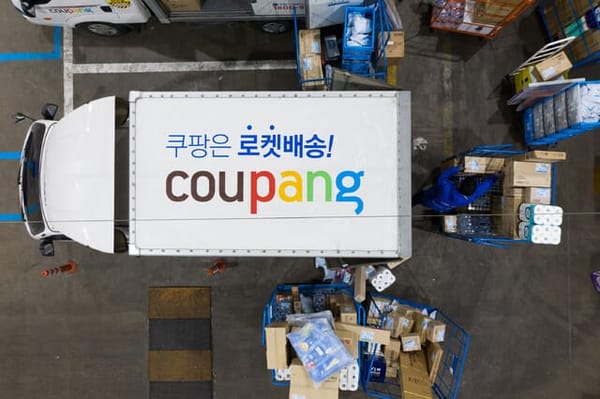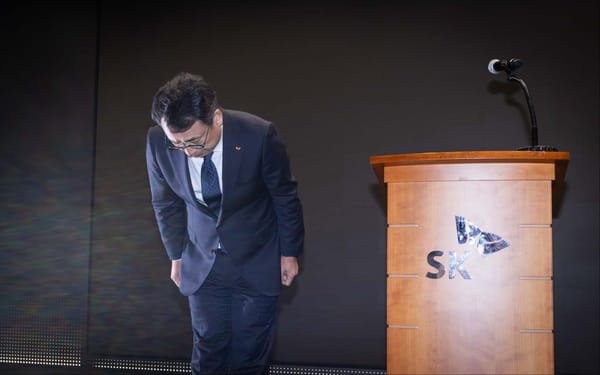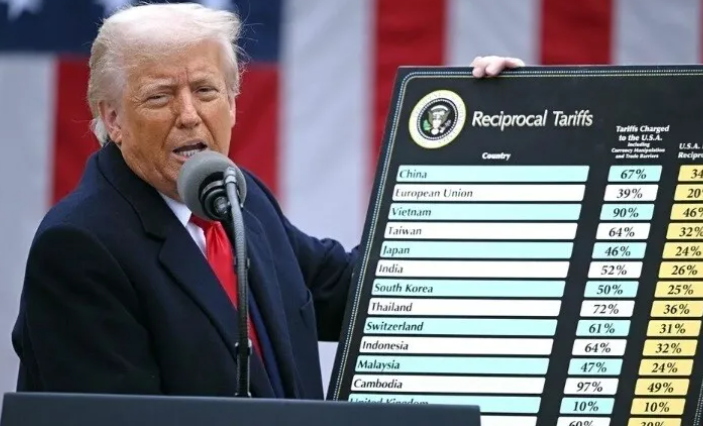Image: Logo of LG Energy Solution. Credit: LG Energy Solution.
The initial public offering of LG Energy Solution LG에너지솔루션, which took place on January 27, was the most hotly anticipated IPO on the Korean stock market in many years. The EV battery maker, which manufacturers the batteries for electric vehicles produced by Audi, Mercedes-Benz and General Motors, will be spun off from its parent company, LG Chemicals LG화학. LG Energy Solution began at the subscription price of KRW 300k (USD 252) per share, and ended at KRW 597k (USD 495) per share after the first day of trading, making the company the second largest listed company on the Korean stock market following Samsung Electronics 삼성전자, and overtaking the former second place SK Hynix SK하이닉스.
But not everyone is happy. Since the spin-off was formally announced in January 2021, the share price of LG Chemicals has dropped by 30%. Even though the shareholders initially invested in LG Chemicals based on the outlook of its EV battery business, they will not reap the benefit of their business acumen, because LG Chemical shareholders will not receive any shares in the newly listed LG Energy Solutions. With its prosperous EV battery business taken out, LG Chemical’s market capitalization leading up to the LG Energy Solution IPO is around KRW 46.1t (USD 38.8b) - an absurd distortion when LG Chemical’s battery business (i.e. Energy Solution) is valued at KRW 130t after its IPO.
This absurdity is a stark example of “Korea Discount,” a phenomenon in the South Korean stock market in which companies trade at a significantly lower share price than indicated by their intrinsic value. The share price is lower because investors consider the possibility of being plundered by the company’s management, as with LG Energy Solution’s IPO which destroys the value of LG Chemical. Such plunder primarily damages the minority shareholders. In the case of LG Energy Solution’s IPO, the controlling shareholder - the Koo family that owns and operates the LG Group chaebol 재벌 companies - would also lose some value when LG Chemical’s share price falls, but their loss will be more than compensated for thanks to LG Energy Solution’s IPO.
South Korean law’s weak protection of minority shareholders allows this result. In the United States, for example, Alphabet would not be able to spin off and conduct an IPO for its subsidiary Youtube in the same way without its board facing a massive litigation from its shareholders for a breach of fiduciary duty. Under Korean law, however, the board only has fiduciary duty to the company, and not to the company’s shareholders. Both presidential candidates pledged to address this issue: Democratic candidate Lee Jae-myung 이재명 민주당 대선후보 said he would prohibit parent-subsidiary IPO and give redemption rights for minority shareholders. People Power Party candidate Yun Seok-yeol 윤석열 국민의힘 대선후보 said the parent corporation shareholders would be given a priority right to purchase shares when a subsidiary is listed.








